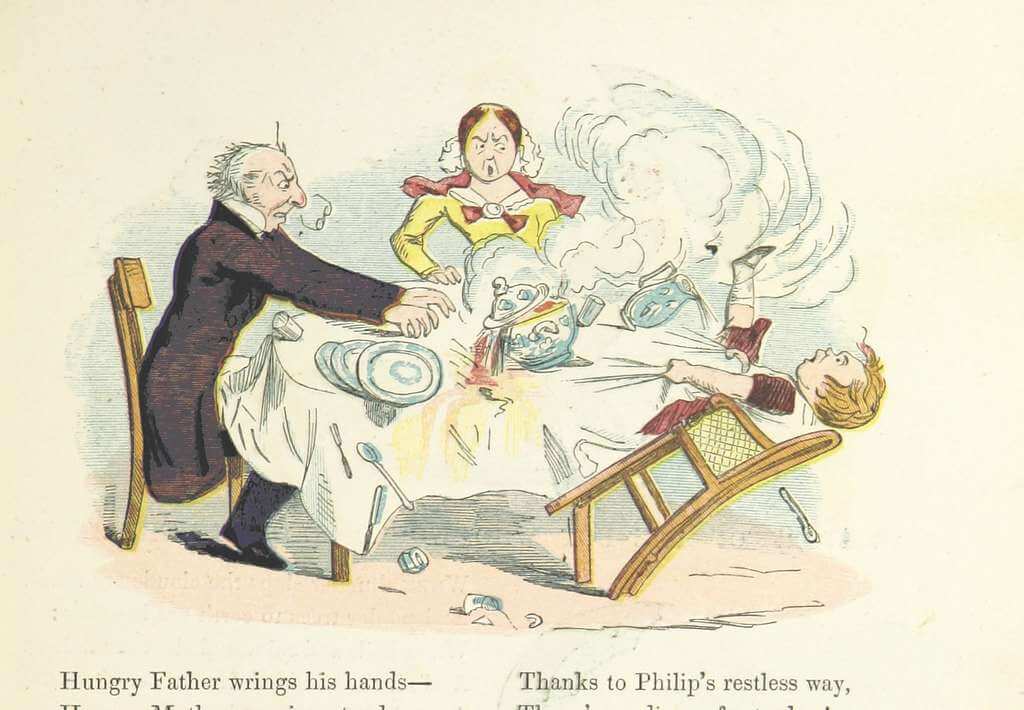Why funny children’s books are important for children


Research from Scholastic shows that humor is the most important feature of books that children look for when choosing what to read. According to the Scholastic Kids & Family Reading Report, more than 50 percent of children look for books that make them laugh. Parents feel the same way: 47 percent of parents say they want their children’s books to be funny. When humor is involved, the whole family enjoys reading.
Funny children’s books provide positive and edifying interaction and encourage regular reading habits.
When kids enjoy what they read, they want to read more—but fun books are more than just a means of entertainment. They can be a gateway to better reading comprehension, improved social-emotional skills, and overall well-being.
Benefits of humor in children’s books
Humor ensures that lessons stick
Humor plays a large role in a child’s developmental stages. How a child uses humor reflects their developing cognitive and language skills. Introducing children to humor through books is one way to build lasting skills.
Wollman said, “Humor can be an effective tool for improving retention or making learning ‘stick’ in children from kindergarten through college. After all, humor triggers our sense of wonder, which is the root of all learning.”
Humor gives strength.
Humor also gives children the confidence to try new things. When children read about characters who slip up or fail in funny ways, or who need many tries to succeed, it’s easier for them to accept their fears and concerns.
Newman says, “Humorous books can empower young readers. Instead of telling them outright that they have to behave a certain way, these stories show that it’s OK to make mistakes! Children can identify with characters like Junie B. Jones and Greg Heffley (Greg’s Kid), who mess things up in hilarious ways.”
Funny books also give children an insight into adulthood.
Humor is therapeutic
A good joke is even better when shared with others. This way, reading becomes a group activity where children can laugh together and build bonds.
Wollman says, “Humor is also inherently social and highly contagious. When young readers connect through funny books like Captain Underpants by Dav Pilkey and Fly Guy by Tedd Arnold, they are also participating in the formation of a real community.”
But perhaps the most enduring legacy of funny children’s books is their ability to help children get through difficult times and situations. Laughter can improve a child’s reading ability in many ways, but it’s the old saying “laughter is medicine” that points to its true benefits.


Navkiran Dhaliwal is a seasoned content writer with over 10 years of experience. When she is not writing, she enjoys cooking or spending time with her dog Rain.


